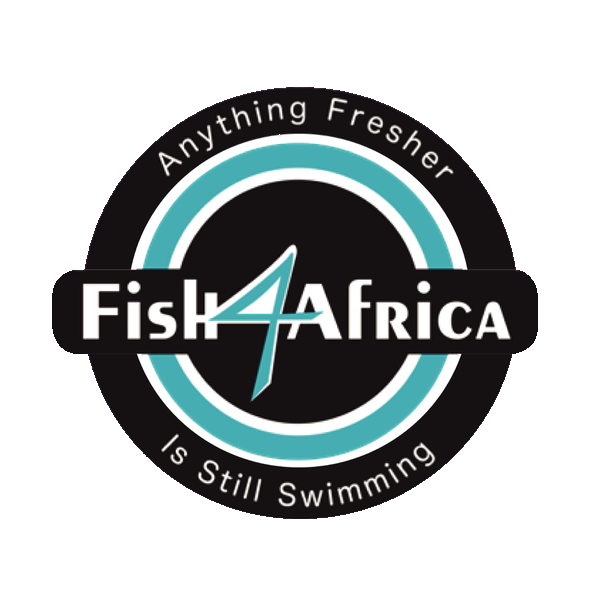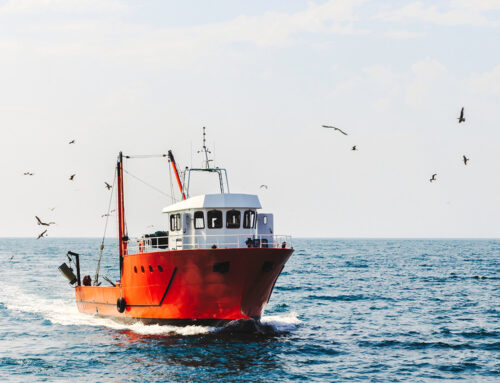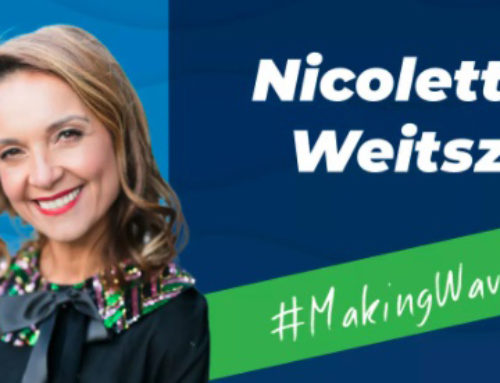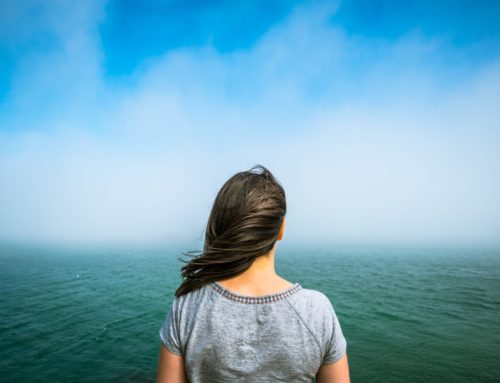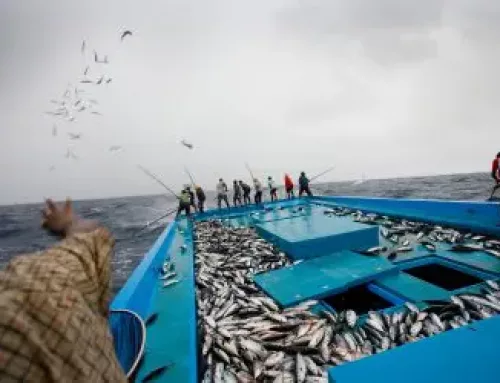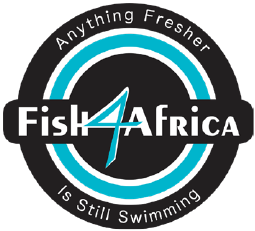The South African fishing industry might have traditionally been dominated by men but women are *finally* starting to get the recognition they deserve. Here’s why their role shouldn’t go unnoticed.
The South African fishing industry is a historic one. As a nation surrounded by both the Atlantic and Indian Oceans, seafood has been part of the local diet for generations. Fisheries contribute greatly to economic and food security across the continent and commercial ones contribute about 0.5% of our GDP.
It is also an industry that has traditionally been and is still dominated by men, despite around 40% of the people working in fisheries being female. While they might see their role in the chain as being more valuable, this doesn’t mean that women haven’t, for a long time, played an important one, too. Their jobs have always tended to cover other pre- and post-harvest activities, ranging from factory preparation to selling and trading. Sadly, their contributions often go unrecognised and, therefore, aren’t considered.
This problem is a global one. Men often engage in harvesting activities further away from the coast in deeper waters and use boats and more sophisticated fishing gear. Women are still primarily involved with the preparation and sales. One study has indicated what most people know to be true in any field: The active participation of women makes a big difference. And there’s evidence that proves it! In the Amazonian region of Brazil, women collaboratively took over the management of a fishery which lead to a 77% increase in income. This was a massive accomplishment in an area where virtually nothing is earned by females. Another example is artisanal fisherwomen in Chile. They managed to successfully fight for their rights to freely access near-shore resources when they had previously needed the permission of local men. Need more? In Canada, the Indigenous Heiltsuk women who come from the central coast of British Columbia secured their traditional rights to access the Pacific herring fishery through their collective efforts. This shows that women participate in the decision-making, and they are able to facilitate making fisheries more equitable and sustainable. But while many countries have created policies that pledged to address the gender issues that exist, they often lack concrete measures.
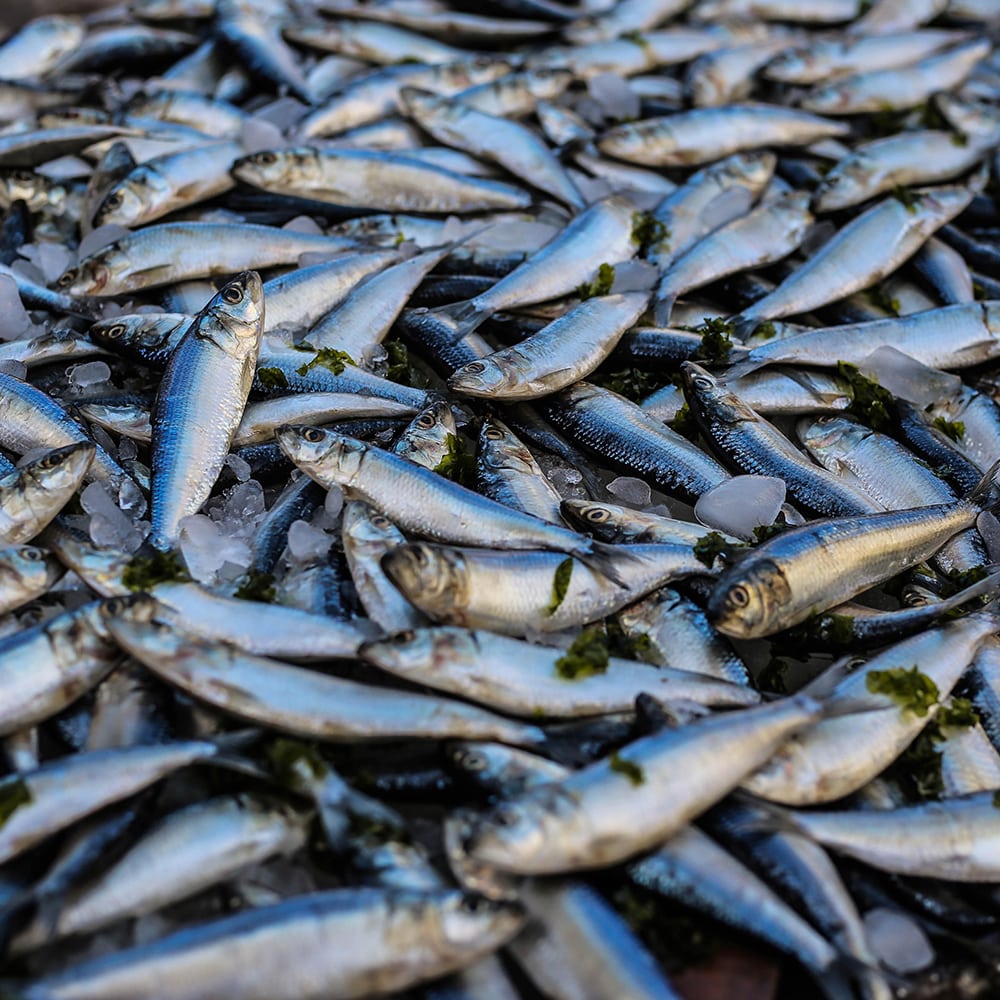
The waves of change
While there is still a long way to go when it comes to equal representation, things are starting to change. The South African Small-Scale Fisheries Policy demands gender rights in fisheries. It will empower female workers to exercise their right to participate, requires that they are given adequate training so they can grow in their careers and be equally represented in institutional structures.
In 2021, a workshop was facilitated in Pretoria for the establishment of the South African Network for Women in the Fisheries and Aquaculture Sector. This was to address the issues faced by members of the fairer sex and its general objective is to improve the welfare, working conditions and income for women in fisheries – many of whom are paid less than their male counterparts for the same work. As it stands, women are at the forefront of driving conservation efforts and promoting responsible fishing methods in SA – something that should be acknowledged rather than ignored.
Leading with love
Fish4Africa didn’t need new policies to be passed to feel a real responsibility towards the upliftment of the ladies who work in the local fishing industry. Being one herself, owner and director, Nicolette Weitsz, has always felt that women in fishing need to be empowered. Having been a retailer of sustainable, fresh seafood for 20 years, she believes that her female touch has made her a more compassionate and effective leader. She believes that women bring unique leadership styles and advantages to the table in her male-dominated sector.
How does she do it? With great tenacity and her core work philosophy, she labels The Three C’s. This stands for consistency, commitment and confidence.
When it comes to women-led businesses, the data speaks for itself. There is a significant amount of psychological and scientific evidence proving that women in leadership positions can improve their organisations. Some even suggest that they can make better leaders than their male counterparts. This is due to the fact that the fairer sex brings a unique perspective and can better understand the needs of female customers, are generally able to relate more to and forge strong connections with consumers and their teams. Women-owned businesses are also more likely to prioritise commitment to social responsibility.
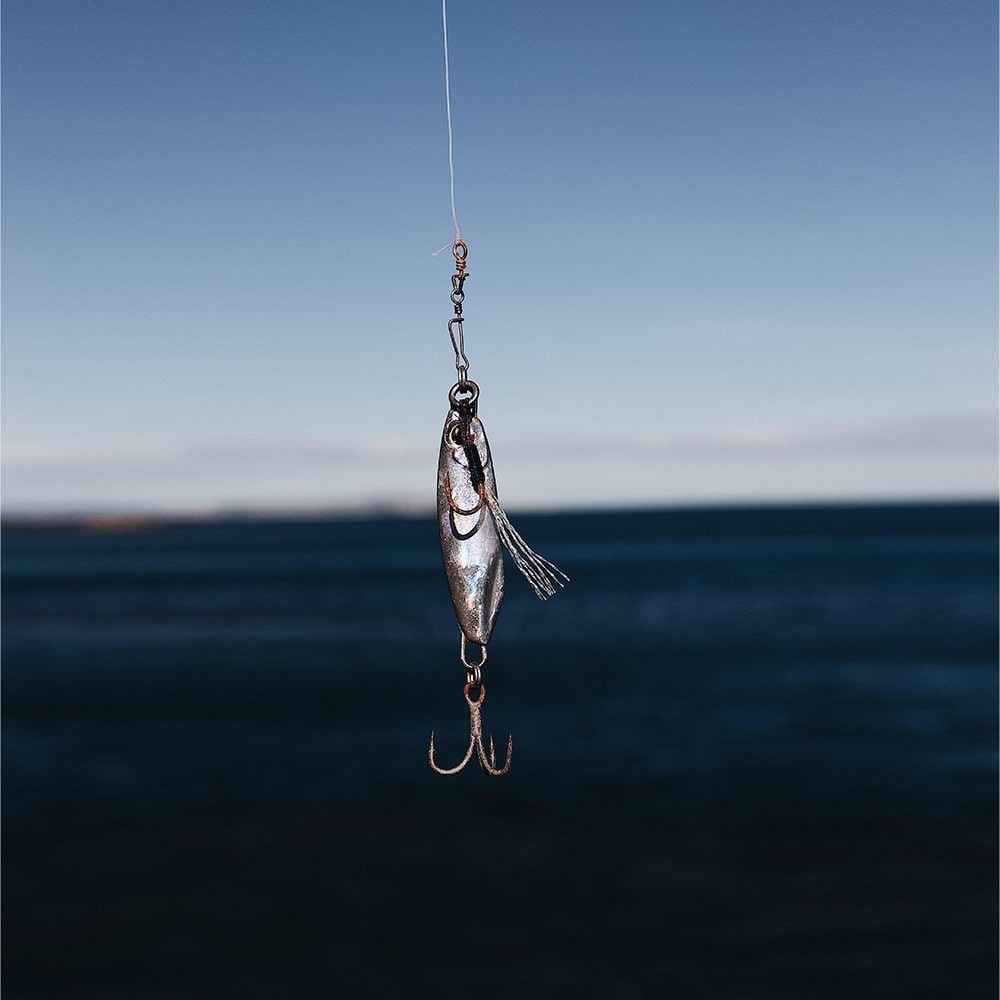
It is these qualities, along with her compassion, that has earned Nicolette the title of being the mother of her company. Fishing has been in her family for generations and she left the corporate world to grow the business into what it is today, two decades later. Not only do they provide fresh, high-quality seafood but have over 30 years of expertise when it comes to consumer inquiries.
She knows that small gestures can make a big impact and go a long way in forming long-lasting relationships. Being a female in a historically male industry, she feels she has an advantage in that she stands out because of her woman’s touch. She says that there are plenty of opportunities for ladies within the fishing industry because of their hardworking, courageous and consistent inclinations. This doesn’t mean that she hasn’t faced her fair share of challenges. Being taken seriously is something many women in this sector have faced and they need to work harder to prove themselves and earn respect.
Despite all the evidence on how having more women in the workplace is a good thing, a gender gap still exists, with fewer female CEOs in South Africa – and the world – than there are men. This seems counterintuitive when the goal of a company is to succeed and why it’s so important for the betterment of communities and even the national economy that more females are in the power seats.
All on board
The responsibility of bringing about change shouldn’t be bared by women alone. We must also pay more attention to the role of men in recognising and supporting the work of women in fisheries. It is only then that we can make real progress towards making an equitable and sustainable industry.
One way that Fish4Africa is incentivising the celebration of those who are making waves in the local sector is by hosting the Fishing Industry Gala Awards. The first of its kind, it is to acknowledge leaders and key role-players.
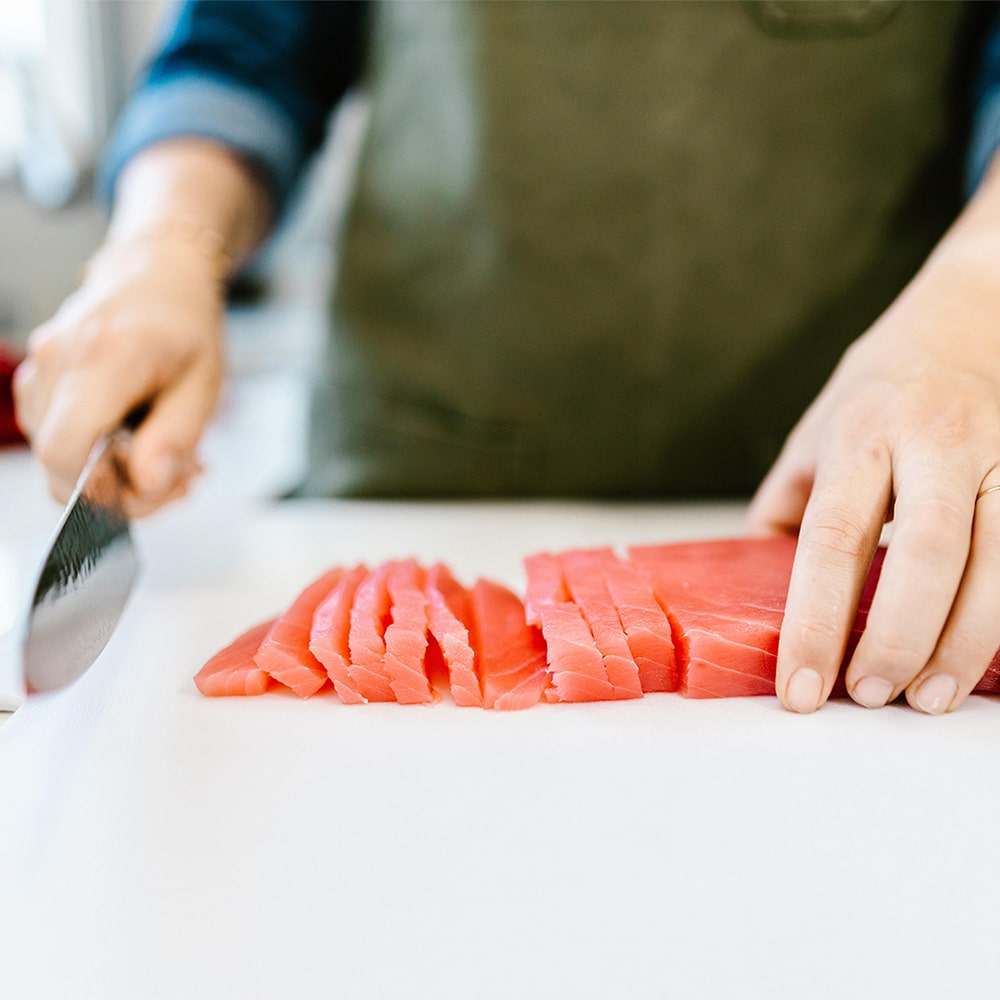
Not just this Women’s Day but every day of the year, Nicolette shows her commitment to creating an environment where women are seen, heard and valued for their enormous contribution not just to Fish4Africa but to the fishing industry as a whole. As a business, they embrace diversity and women’s empowerment by ensuring the contentment of their employees and through their many community outreach initiatives. For Women’s Month, they are holding a sanitary drive in partnership with MIMI – a social enterprise committed to empowering women across Africa. This is to encourage people to play their part in the movement to alleviate period poverty by allowing them to donate a pack of eight pads for R11 during August 2023. Fish4Africa also supports various small business owners, many owned by women, as well as organisations that help people from impoverished backgrounds, with disabilities and life-altering illnesses.
Nicolette and her team are positive that the industry will continue to evolve. She hopes that the fishing sector will eventually, through continued efforts and increasing visibility, be an equal one.
